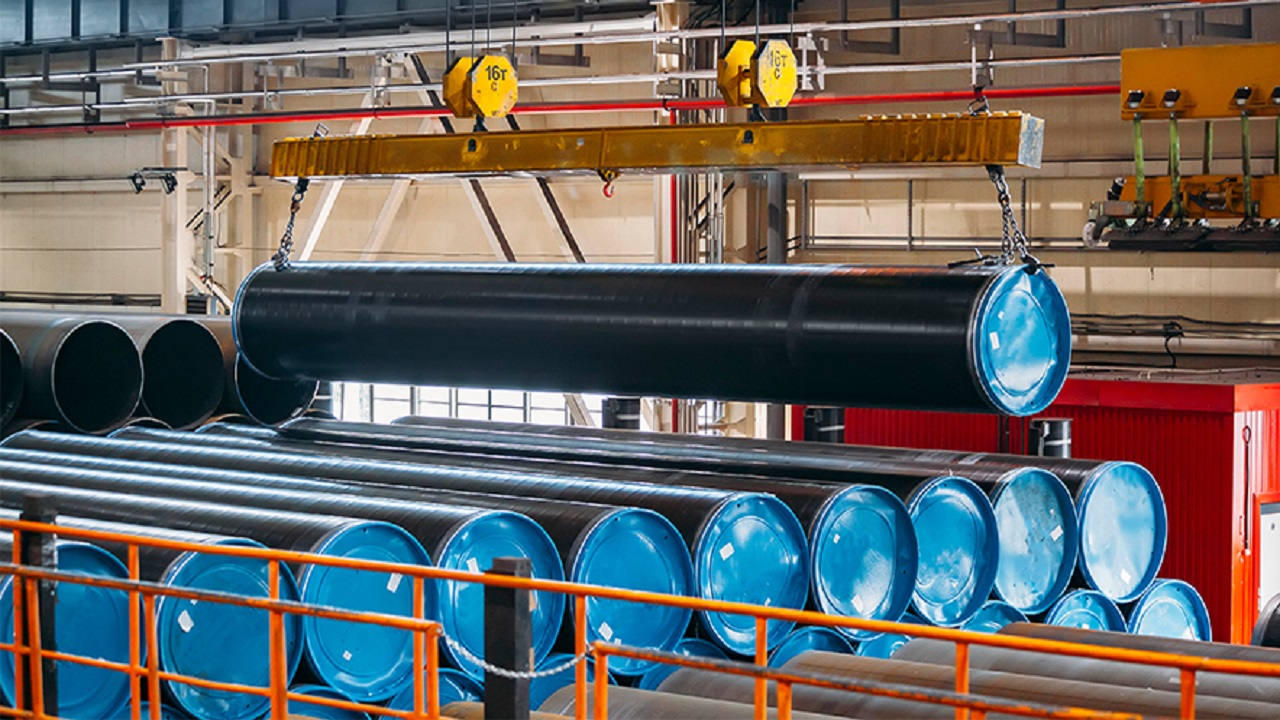In various industries such as oil and gas, chemical processing, and water treatment, pipes are essential for fluid and gas transportation. The integrity and longevity of these pipes are paramount for the smooth operation of industrial processes. To ensure optimal performance and durability, learn more about how engineers and manufacturers turn to advanced coatings and surface treatments that go beyond the surface, providing a shield against corrosion, abrasion, and other environmental factors.
The Importance of Protection
Industrial pipes are exposed to a myriad of challenges in their operational environment. Corrosion, caused by chemical reactions with the surrounding atmosphere or the transported fluids, is one of the primary concerns. Additionally, pipes may face abrasive wear due to the flow of gritty substances, thermal stresses, and mechanical impact. To combat these issues, coatings and surface treatments are applied to enhance the pipes' resistance to corrosion and wear, ultimately prolonging their lifespan and reducing maintenance costs.
Corrosion-resistant Coatings
Corrosion is a relentless adversary that can compromise the structural integrity of industrial pipes. Coatings designed to resist corrosion act as a protective barrier, preventing the metal substrate from coming into contact with corrosive elements. Epoxy coatings provide excellent adhesion and chemical resistance, making them suitable for a wide range of industrial applications. Fusion-bonded epoxy, on the other hand, offers a durable and corrosion-resistant finish, particularly in pipelines for oil and gas transportation.
Abrasion-resistant Coatings
In industries where pipes handle abrasive materials, such as slurries or solid particles, abrasion-resistant coatings become essential. These coatings protect the pipe from wear and erosion, maintaining the structural integrity over time. Ceramic and polymer-based coatings are popular choices for abrasion resistance. Ceramic coatings, composed of hard materials like alumina or tungsten carbide, form a robust barrier against abrasive particles.
Thermal Insulation Coatings
In applications involving extreme temperatures, thermal insulation coatings are applied to pipes to minimize heat transfer and maintain a consistent operating temperature. This not only improves energy efficiency but also protects personnel and equipment from the potential hazards of extreme heat. Insulation materials like aerogels and polyurethane foams are commonly used for this purpose, offering a balance between thermal resistance and weight.
UV-resistant Coatings
Outdoor pipelines are susceptible to ultraviolet (UV) radiation from the sun, which can degrade the integrity of coatings over time. UV-resistant coatings incorporate additives that shield the surface from the harmful effects of prolonged exposure to sunlight. Polyurethane and polyurea coatings are known for their UV resistance, making them suitable for outdoor applications where pipes are exposed to sunlight and weather conditions.
Antimicrobial Coatings
In industries such as food and pharmaceuticals, where maintaining hygiene is critical, antimicrobial coatings are employed to inhibit the growth of bacteria and other microorganisms on the pipe surface. These coatings not only contribute to the overall cleanliness of the system but also help prevent contamination of the transported fluids.
Conclusion
In the world of industrial pipes, the quest for longevity and efficiency goes beyond mere functionality. Coatings and surface treatments play a pivotal role in ensuring the durability and reliability of these essential components. Whether it's combating corrosion, resisting abrasion, insulating against extreme temperatures, or maintaining cleanliness, the right coating can make a significant difference in the performance and lifespan of industrial pipes. As industries continue to evolve, the exploration of advanced coatings and surface treatments remains a key aspect of enhancing the resilience of our industrial infrastructure.


